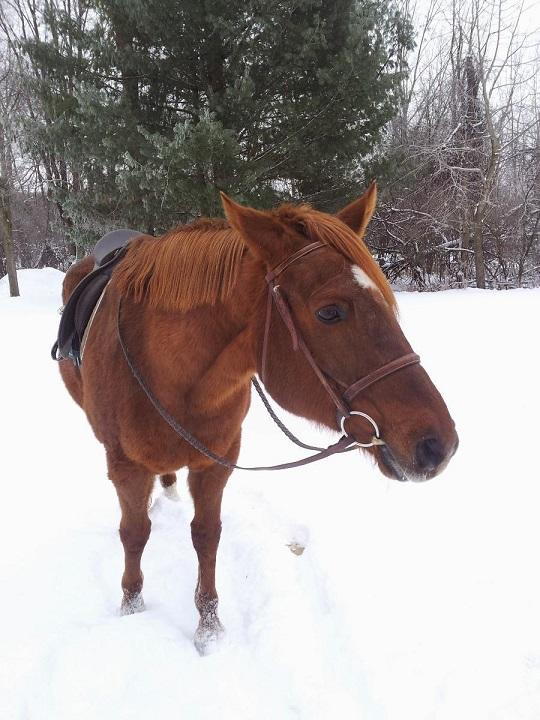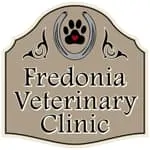
When you think about a horse that you share a special bond with, what comes to mind? For some owners, it’s the horse with a few grey hairs circling their knowing eyes - the aging friend that has given you, and maybe your family, many years of loyal service. Maybe they were your enthusiastic trail companion, or the trusted teacher for your children when they first started riding. They’ve always given you their best, and we do everything we can to thank them for their years of loyal service. Just like us, our equine companions needs change as they age, and with quality care, we can help them meet their senior years with grace and enjoy a comfortable retirement.
Prevention, prevention, prevention
As our horse’s age there is a tendency to think they’ve had “enough” of our usual preventative medicine for one reason or another. Either that they are too fragile, or they’ve been healthy for so many years, what’s the harm in letting up now? This is exactly the opposite of how we should approach the care of an aging horse. Keeping up with regular wellness exams and vaccinations is critical to maintaining function and protecting the aging immune system from disease.
Dentistry
It is a common misconception that horses’ teeth grow. In fact, they erupt slowly over the animal’s lifetime, allowing for grinding of food. Which means there is a finite amount of “tooth” available. Senior horses are more prone to problems from over-worn teeth and missing molars. Frequent dental examinations and corrective floating will keep their mouth healthy and preserve their ability to eat a forage-based diet.
Parasites
Older horses susceptibility to parasites varies. Age may impart increased immunity to parasites a horse has previously been exposed to. However, a weakened immune system may cause higher parasite load, even for those that may have been low shedders earlier in life. Either way, senior horses are more susceptible to the destruction caused by internal parasites. Fecal testing twice a year and strategic deworming is recommended.
Nutrition
There are two diets that matter when feeding horses - the diet you feed and the diet your horse eats, and those are not always the same thing! We’ve discussed dentistry and parasites, the two biggest reasons for a difference between intended and actual nutrient consumption. Depending on your horse’s Body Condition Score (BCS), metabolic status, and dental health, your veterinarian can help you formulate a diet that meets your horse’s needs.
Arthritis
Just like humans, horses are susceptible to arthritis, or Degenerative Joint Disease (DJD), as they age. Your veterinarian is your best source of information about joint supplements (MSM, glucosamine chondroitin) and, if necessary, Non-steroidal Anti-inflammatory Drugs (NSAIDS) like Equioxx or Phenylbutazone. Pain medications are not without side effects and monitoring blood work periodically can minimize the chance of adverse effects.
Metabolic Disease
Equine Metabolic Syndrome (EMS, previously hypothyroidism) and Pars Pituitary Intermedia Dysfunction (PPID, previously Cushing’s) are the subject of much veterinary research. If your horse has any of the following symptoms, measuring ACTH, Insulin, and Glucose may be recommended: long hair that sheds out poorly, “cresty” neck, muscle wasting, pot belly, weight loss or gain, changes in sweating, more docile behavior, increased urination or thirst, persistent mammary secretions,frequent infections, or frequent hoof abscesses. Treatment of these syndromes is not curative, but can create dramatic increases in quality of life.
Whether
your horse is 15 or 35, the team at FVC is ready to answer your
questions and help you make the right decisions for your senior horse.
Even the healthiest horses, with the best care, won’t live forever,
though we wish they could, but with a little TLC we can make the golden
years great.

